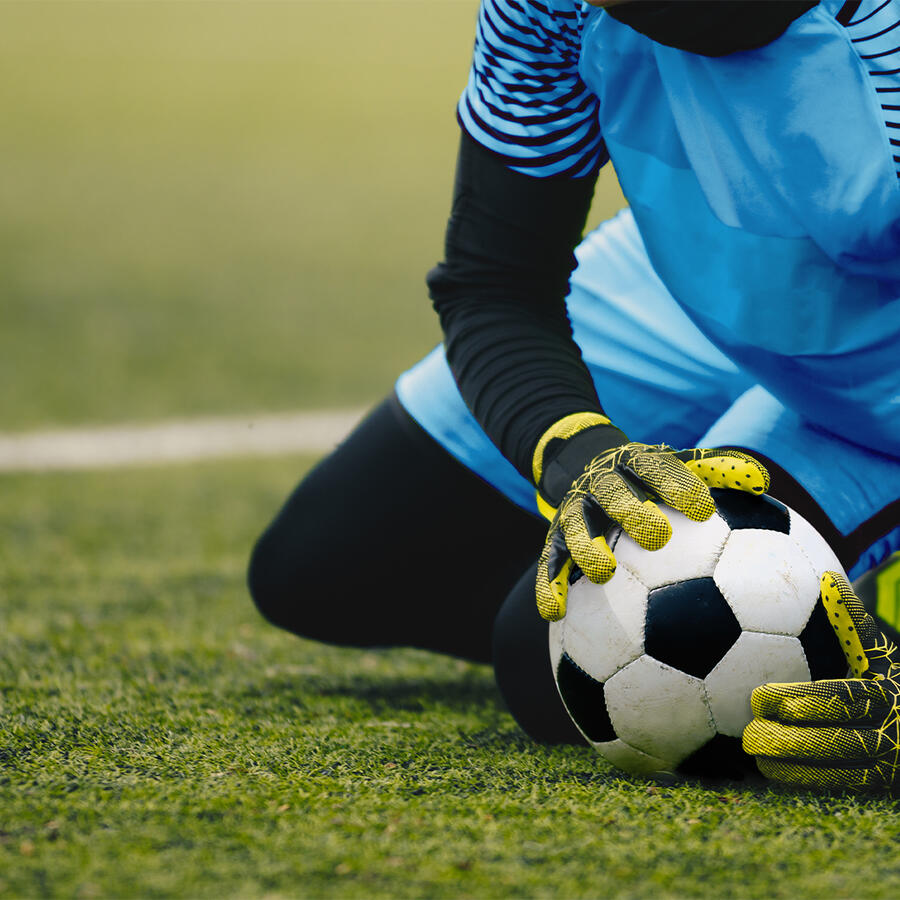Releases
WADA publishes study following conclusion of its Anti-Doping Intelligence & Investigation Project in Europe

Today, the World Anti-Doping Agency (WADA) publishes a study examining how WADA is building intelligence and investigation capabilities in Europe to better fight doping in sport. The study recognizes the significant progress achieved through the Agency’s Anti-Doping Intelligence & Investigation (I&I) Project in Europe and provides recommendations regarding legal frameworks and best practices based on the project’s outcomes.
In June 2022, WADA was awarded a grant by the European Union to increase anti-doping intelligence and investigation capacity in Europe, with the view to reducing the prevalence of doping in sport and maximizing the health benefits for European youths.
In connection with the project, WADA commissioned Cécile Chaussard, senior lecturer in law at the University of Burgundy-Dijon, France, to author the study that highlights specific ways that WADA and National Anti-Doping Organizations (NADOs) can improve their I&I capacity, while also providing a legal framework to European states for a more in-depth and sustainable development of their countries’ I&I capabilities. The study also makes a number of recommendations for WADA and European NADOs to consider, including:
- Growing awareness within law enforcement on how anti-doping investigations operate while enhancing communication between law enforcement and NADOs; and
- Raising awareness among Europe’s decision-makers and society at large about the ongoing threat of doping in sport as a public health issue.
WADA Director, Intelligence and Investigations, Günter Younger, said: “Over the past two years, the development of the Anti-Doping Intelligence & Investigation Project in Europe has increased I&I capacity across the continent and led to many successful operations. Ms. Chaussard’s study has provided a thorough academic analysis for National Anti-Doping Organizations and European public authorities to take into consideration while continuing to build their Intelligence and Investigation capacity. The findings in this study validate the hard work that has gone into this project over the past two years and provide a number of recommendations for our European stakeholders to implement going forward. We are proud of what has been achieved so far and look forward to applying the same principles in other areas of the world.”
The project’s combination of training and operational activities fostered collaboration between law enforcement agencies and NADOs; developed I&I capacity across the continent; and raised awareness about the dangers of anabolic steroid use through its ‘Natural is Enough’ social media campaign.
The project involved 48 countries, 51 Anti-Doping Organizations and 48 law enforcement agencies in Europe. Over the course of two years, it provided online and in-person training to anti-doping organization staff, supported collaborating and information sharing between European NADOs and law enforcement agencies. This led to more than 80 joint operations, resulting in significant seizures of performance-enhancing drugs (PEDs) and the dismantling of numerous illicit laboratories. These efforts effectively prevented more than 400 million PED doses from entering the global market. The project also raised public awareness of the prevalence of doping in youth and amateur sport. An overview of the project and its outcomes is available here.

